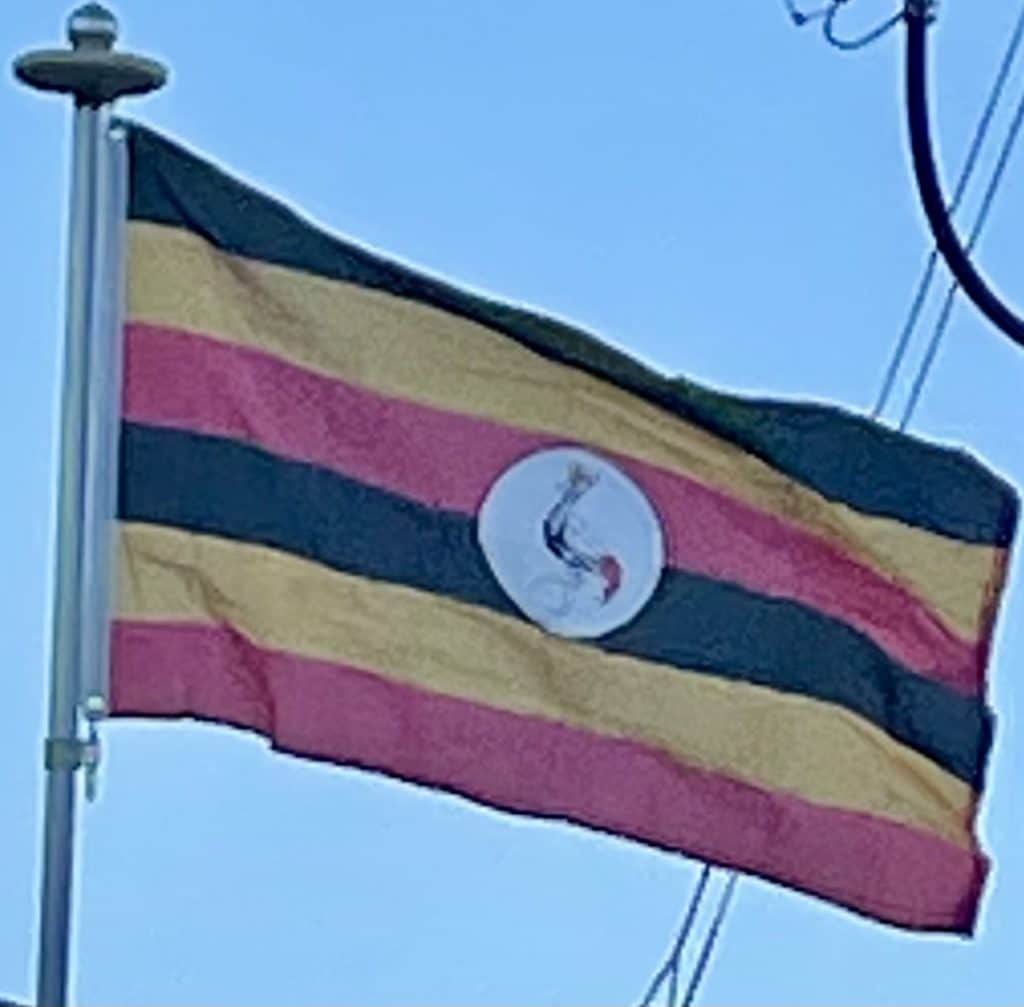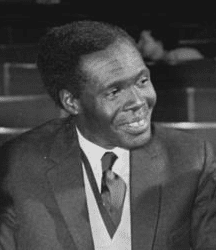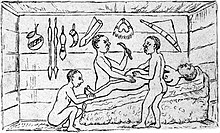
Uganda
In the 1860s, while Arabs sought influence from the north, British explorers searching for the source of the Nile arrived in Uganda. They were followed by British Anglican missionaries who arrived in the kingdom of Buganda in 1877 and French Catholic missionaries in 1879. This situation gave rise to the death of the Uganda Martyrs in 1885—after the conversion of Muteesa I and much of his court, and the succession of his anti-Christian son Mwanga.
The British government chartered the Imperial British East Africa Company (IBEAC) to negotiate trade agreements in the region beginning in 1888.
From 1886, there was a series of religious wars in Buganda, initially between Muslims and Christians and then, from 1890, between ba-Ingleza Protestants and ba-Fransa Catholics. Because of civil unrest and financial burdens, IBEAC claimed that it was unable to “maintain their occupation” in the region. British commercial interests were ardent to protect the trade route of the Nile, which prompted the British government to annex Buganda and adjoining territories to create the Uganda Protectorate in 1894.
Uganda Protectorate (1894–1962):
In 1894, the Uganda Protectorate was established, and the territory was extended beyond the borders of Buganda by signing more treaties with the other kingdoms (Toro in 1900, Ankole in 1901, and Bunyoro in 1933) to an area that roughly corresponds to that of present-day Uganda.
The status of Protectorate had significantly different consequences for Uganda than had the region been made a colony like neighboring Kenya, insofar as Uganda retained a degree of self-government that would have otherwise been limited under a full colonial administration.
In the 1890s, 32,000 laborers from British India were recruited to East Africa under indentured labor contracts to construct the Uganda Railway. Most of the surviving Indians returned home, but 6,724 decided to remain in East Africa after the line’s completion. Subsequently, some became traders and took control of cotton ginning and sartorial retail.
From 1900 to 1920, a sleeping sickness epidemic in the southern part of Uganda, along the north shores of Lake Victoria, killed more than 250,000 people.
Independence (1962 to 1965):
Uganda gained independence from the UK on 9 October 1962 with Queen Elizabeth II as head of state and Queen of Uganda. In October 1963, Uganda became a republic but maintained its membership in the Commonwealth of Nations.

The first post-independence election, held in 1962, was won by an alliance between the Uganda People’s Congress (UPC) and Kabaka Yekka (KY). UPC and KY formed the first post-independence government with Milton Obote as executive prime minister, with the Buganda Kabaka (King) Edward Muteesa II holding the largely ceremonial position of president.
Buganda crisis (1962–1966):
1966–1971 (before the coup):
In 1966, following a power struggle between the Obote-led government and King Muteesa, Obote suspended the constitution and removed the ceremonial president and vice-president. In 1967, a new constitution proclaimed Uganda a republic and abolished the traditional kingdoms. Obote was declared the president.
1971 –1979 (The Amin Regime):
After a military coup on 25 January 1971, Obote was deposed from power and General Idi Amin seized control of the country.

